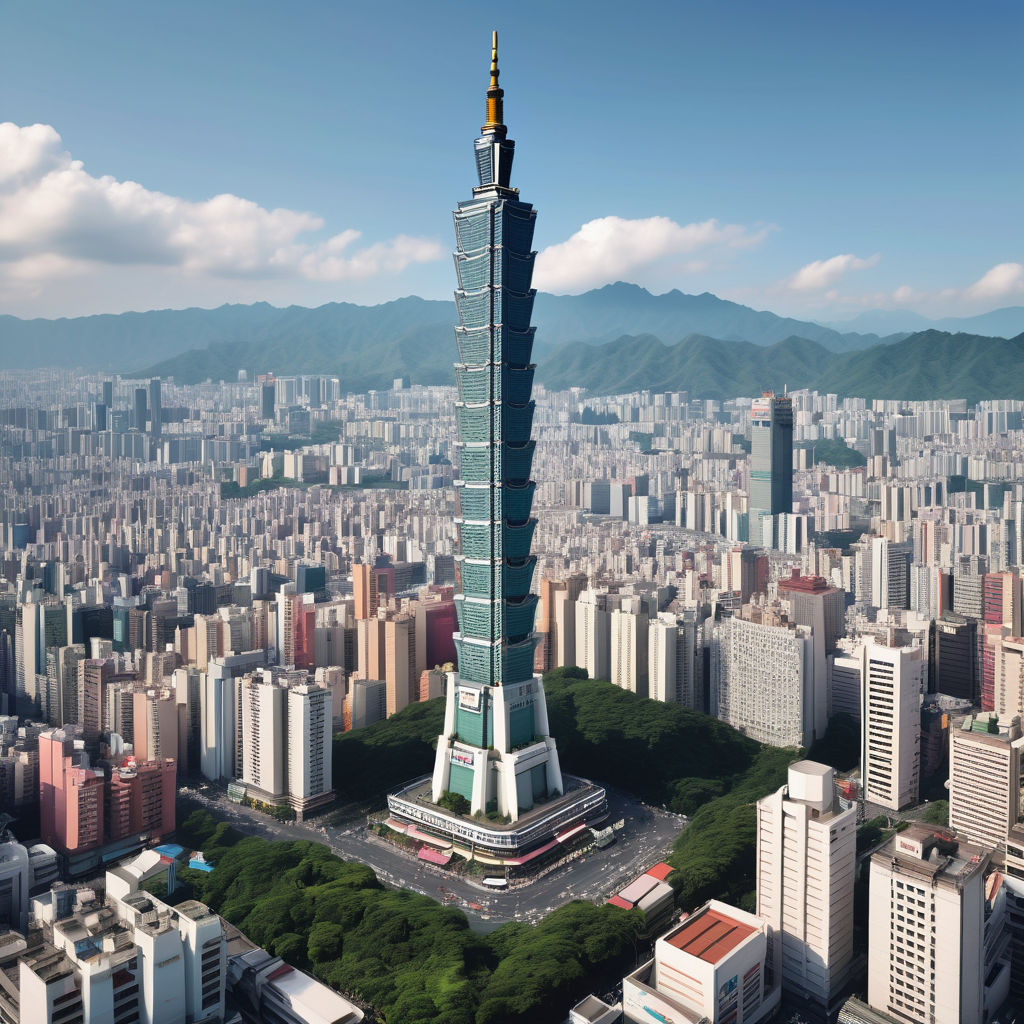Discover Taiwan: Vibrant Culture, Rich History, and Cross-cultural Engagement
Exploring Taiwan's Culture, Cross-cultural Understanding, Social Dynamics, and Relationships

Introduction to Taiwan
Taiwan, an island nation located in East Asia, is known for its vibrant culture, rich history, and dynamic economy. Situated approximately 180 kilometers off the southeastern coast of China, Taiwan is bordered by the East China Sea to the north, the Philippine Sea to the east, the South China Sea to the southwest, and the Taiwan Strait to the west. Major cities include the capital, Taipei, known for its bustling night markets and the iconic Taipei 101 skyscraper, as well as Kaohsiung, Taichung, and Tainan. Taiwan's cultural heritage is a blend of indigenous traditions, Chinese influences, and Japanese legacies, reflecting its complex history and diverse population.
Cross-national and Cross-cultural Understanding
Taiwanese people are generally open and welcoming towards other cultures. This openness is reflected in various cultural exchanges and international partnerships that Taiwan actively engages in. The government and educational institutions promote cross-cultural understanding through numerous programs. For instance, the Taiwan Scholarship and Huayu Enrichment Scholarship programs attract students from around the world to study Mandarin and other academic disciplines in Taiwan. Additionally, Taiwan's robust participation in international events such as the Taipei International Book Exhibition and the Taiwan International Festival of Arts fosters cultural exchanges. Significant partnerships with countries like Japan, the United States, and European nations enhance Taiwan's cross-cultural engagement. The New Southbound Policy, launched by the Taiwanese government, aims to strengthen ties with Southeast Asian countries, Australia, and New Zealand, promoting mutual understanding through education, tourism, and trade.
Interactions and Social Dynamics
Interactions between Taiwanese people and foreigners are generally positive and characterized by hospitality and politeness. Social behaviors in Taiwan are influenced by Confucian values, which emphasize respect, harmony, and courtesy. When interacting with foreigners, Taiwanese people tend to be considerate and accommodating, often going out of their way to make visitors feel comfortable. Communication styles in Taiwan can vary, but there is a general tendency towards indirectness and humility. Taiwanese people may use more subtle and non-verbal cues in their communication, especially in formal settings. However, younger generations, influenced by Western cultures, are increasingly adopting more direct communication styles. Language plays a crucial role in facilitating interactions. Mandarin Chinese is the official language, but Taiwanese Hokkien and Hakka are also widely spoken. English is commonly taught in schools, and many Taiwanese, particularly the younger population and those in urban areas, have a good command of the language. This multilingualism aids in bridging communication gaps and fostering cross-cultural interactions.
Views on Dating and Relationships
Dating and relationships between Taiwanese and foreigners are generally viewed positively, especially among younger generations. Taiwanese society has become more open and accepting of cross-cultural relationships over the years. However, traditional values still hold some influence, particularly in more conservative or rural areas. Cultural expectations and traditions can influence dating dynamics. For instance, the concept of "face" (面子) and family reputation can play a role in how relationships are perceived. Taiwanese people may seek their family's approval and prioritize maintaining harmony and respect within their relationships. Despite these traditions, many Taiwanese are open to dating foreigners, appreciating the diversity and new perspectives they bring.
Marriage and Family
Marrying foreigners is increasingly common in Taiwan, and societal acceptance of cross-cultural marriages has grown. Legal considerations for such marriages are straightforward, as Taiwan has clear regulations for international marriages. Socially, families may initially have reservations, particularly if cultural differences are significant, but acceptance typically increases over time as relationships develop. Family plays a central role in Taiwanese culture, and marrying into a Taiwanese family often involves understanding and respecting familial obligations and traditions. For instance, filial piety (孝順) is a deeply ingrained value, and foreign spouses may need to adapt to practices such as ancestor worship and participating in family gatherings. Common practices in cross-cultural marriages include celebrating both Taiwanese and foreign traditions, creating a blended cultural environment. For example, it is not unusual for a couple to celebrate both Lunar New Year and Christmas, incorporating diverse customs into their family life.